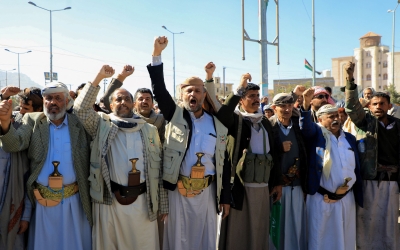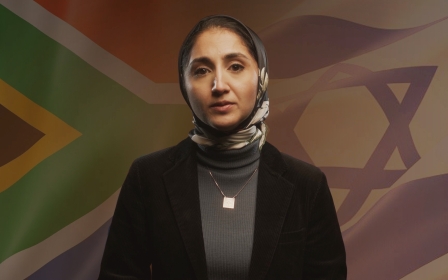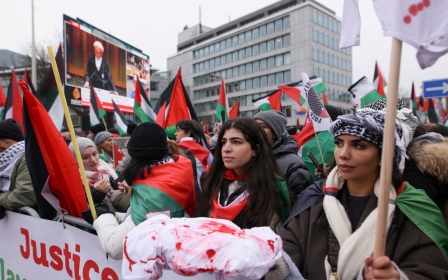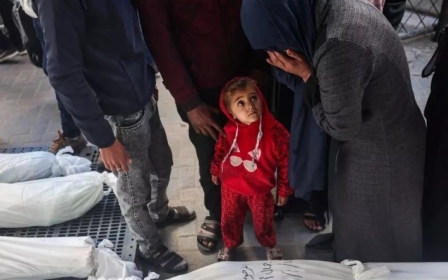War on Gaza: What happens after ICJ hearings?
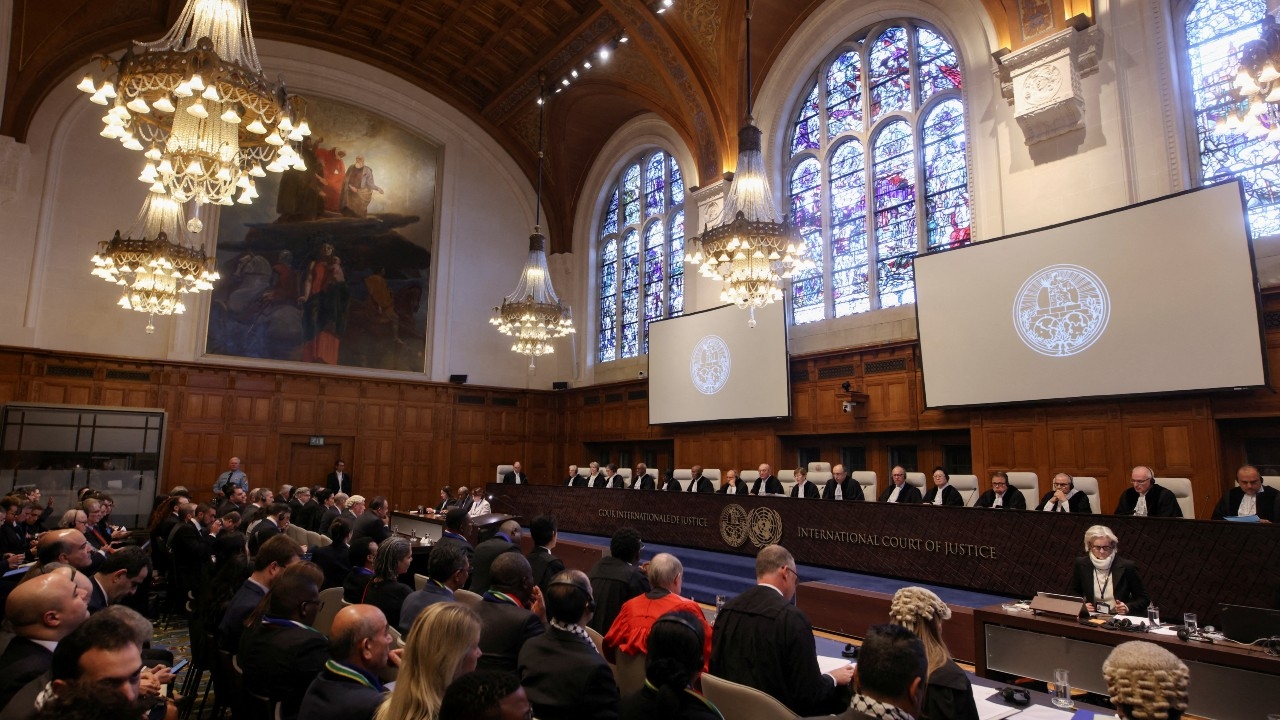
The curtains have now closed on the two-day public hearing of South Africa’s case against Israel at the International Court of Justice (ICJ).
While Israel fiercely rejects South Africa’s accusations of violating the UN Genocide Convention in its ferocious war in Gaza, questions linger about what happens next.
Palestinians and their supporters around the world are hoping that the ICJ, often referred to as the "world court", could bring Israel’s destructive activities in Gaza to a halt. More than 23,000 Palestinians have been killed, with two-thirds of them being women and children.
It is the first time Israel has been tried under the UN Genocide Convention, which was drawn up after the Second World War in light of the atrocities committed against Jews and other persecuted minorities during the Holocaust.
What are the next steps?
New MEE newsletter: Jerusalem Dispatch
Sign up to get the latest insights and analysis on Israel-Palestine, alongside Turkey Unpacked and other MEE newsletters
Now the court has convened in the Hague for the hearings, it has to decide whether the allegations brought by South Africa against Israel fall under the umbrella of the Genocide Convention or not. The convention was the first human rights treaty adopted by the United Nations in 1948.
A provisional ruling in favour or against South Africa’s urgent request could be expected within weeks. This order is an emergency measure that could be implemented before the main case starts.
On day one of the public hearing, South Africa requested that the ICJ rule on a provisional measure to "immediately suspend Israel’s military operations in and against Gaza".
The African country pointed out that these measures were essential “to protect against further, severe and irreparable harm to the rights of the Palestinian people under the Genocide Convention, which continue to be violated with impunity”.
Are provisional measures enforceable?
Although the ICJ could eventually decide on a provisional order, Israel can ignore it.
Provisional rulings made by ICJ are in theory legally binding, but they are usually unenforceable, as the court has no authority to enforce them. However, they can cause massive reputational harm.
A recent example of an ignored provisional measure is the 2022 ICJ ruling ordering Russia to “immediately suspend the military operations it began on 24 February 2022 in the territory of Ukraine”. This case continues.
So, theoretically, the ICJ could quickly rule in favour of South Africa and order an immediate stop to Israel’s military campaign in Gaza, but with little changing on the ground.
However, if supported, a provisional order could mean that the Palestinians are protected from what could be ruled eventually as genocide.
When is the final ruling of South Africa’s case against Israel?
The ICJ’s negotiations involve long, detailed written applications, that are usually followed by arguments and counterarguments from legal representatives of each country. Judges will then decide on a final verdict.
It is estimated that the South Africa-Israel ICJ case could last up to four years.
In 2019, a precedent ICJ case brought by the Gambia, with the support of the Organisation of Islamic Cooperation, against Myanmar, accusing it of committing genocidal activities against the ethnic Rohingya population in Myanmar’s northern Rakhine state, continues.
In 2022, judges voted 15 to one that the Gambia had the right to bring the case under the 1948 Genocide Convention.
A year earlier, the ICJ had ruled out provisional measures against Myanmar requesting its military junta to stop committing genocide against the Rohingya. No final verdict has been issued.
Many experts believe that this precedent case has paved the way for South Africa to take Israel to court.
This article is available in French on Middle East Eye French edition.
Middle East Eye delivers independent and unrivalled coverage and analysis of the Middle East, North Africa and beyond. To learn more about republishing this content and the associated fees, please fill out this form. More about MEE can be found here.


